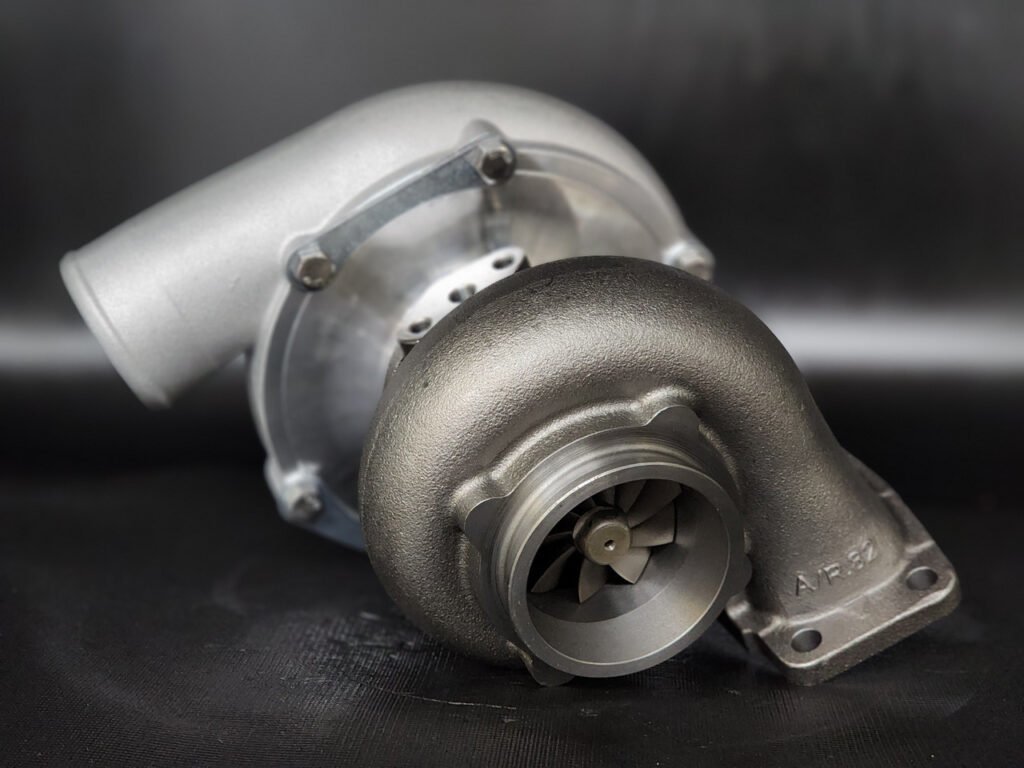The Importance of Following Manufacturer Guidelines and Seeking Professional Assistance

When it comes to using any kind of product or equipment, it is crucial to follow the guidelines provided by the manufacturer. Whether it’s a household appliance, a power tool, or even a complex piece of machinery, these guidelines are designed to ensure safety, optimize performance, and prolong the lifespan of the product.
Why are Manufacturer Guidelines Important?
Manufacturer guidelines are not just arbitrary rules; they are based on extensive research, testing, and knowledge of the product. Here are some key reasons why following these guidelines is essential:
1. Safety
The primary purpose of manufacturer guidelines is to prioritize the safety of users. Manufacturers have a legal and ethical responsibility to create products that are safe to use when used correctly. Guidelines outline the proper usage, precautions, and potential hazards associated with the product. Ignoring these guidelines can lead to accidents, injuries, or even fatalities.
2. Optimal Performance
Manufacturers spend a significant amount of time and resources testing and refining their products to ensure they perform at their best. Following the guidelines allows users to maximize the performance and functionality of the product. Deviating from these recommendations may result in subpar performance, reduced efficiency, or even damage to the product.
3. Warranty Protection
Many products come with warranties that offer protection against defects or malfunctions. However, these warranties often have specific terms and conditions. Failure to follow the manufacturer guidelines can void the warranty, leaving the user responsible for any repairs or replacements. By adhering to the guidelines, users can ensure their warranty remains valid and they can take advantage of any necessary repairs or replacements.
The Role of Professional Assistance
While manufacturer guidelines provide valuable information, there may be instances where seeking professional assistance is necessary. Here are some scenarios where professional help should be considered:
1. Complex Installation or Repairs
Some products, such as electrical systems, plumbing fixtures, or heavy machinery, may require specialized knowledge and skills for installation or repairs. Attempting to handle these tasks without the necessary expertise can lead to costly mistakes, safety hazards, or damage to the product. In such cases, it is advisable to seek the assistance of a qualified professional who has the expertise and experience to handle the job correctly.
2. Compliance with Regulations
Certain industries have strict regulations and standards that must be followed. This is particularly true for businesses operating in sectors such as healthcare, construction, or food services. In order to comply with these regulations and ensure the safety and well-being of employees and customers, it is important to consult professionals who are well-versed in the specific requirements of the industry.
3. Troubleshooting Complex Issues
When faced with complex issues or technical problems, it can be challenging to diagnose and resolve them without the necessary expertise. In such cases, seeking the assistance of professionals who have in-depth knowledge and experience can save time, prevent further damage, and ensure the problem is resolved correctly.
Conclusion
Following manufacturer guidelines and seeking professional assistance when necessary is crucial for the safety, performance, and longevity of products. Manufacturers provide these guidelines to protect users and optimize the functionality of their products. By adhering to these guidelines and knowing when to seek professional help, users can ensure a positive experience and avoid potential risks or costly mistakes.
